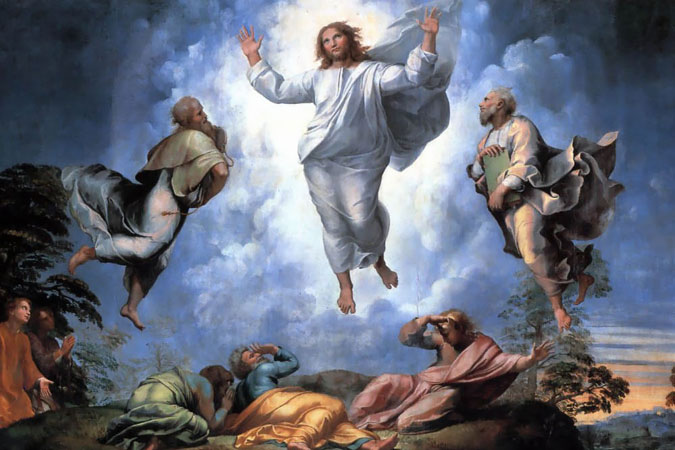In this Sunday’s Gospel (John 4:5–42), the dialogue between Jesus and a woman from Samaria is among the most lengthy and most theological found in Scripture. The most startling aspect of the conversation is that it happens at all. Jesus, an observant Jew of that time, was expected to avoid conversation with women in public. The animosity between the Jews and the Samaritans should have prevented the conversation as well. The woman herself alludes to the break from tradition: “How can you, a Jew, ask me, a Samaritan woman, for a drink?” Yet Jesus not only converses with the woman, he also asks to share her drinking vessel, an action that makes him unclean according to Jewish law.
The initial conversation between Jesus and the woman is better understood if we consider the importance of water, especially in the climate of Israel. At first, the woman understands Jesus’ promise of “living water” in a literal sense: “Sir, give me this water, so that I may not be thirsty or have to keep coming here to draw water.” With no running water, the daily trip to the well by the women of the community was of paramount importance. The women of the town would have traveled to the well in the early morning, but this woman comes to the well at noon, the hottest time of the day. The timing of her visit is a clear sign that she is an outcast within the Samaritan community. We learn in her conversation with Jesus that she is an outcast because of her “many husbands.” Like the woman at the well, we thirst for God’s mercy—to be treated like one of the family rather than as an outcast. Thankfully, the well of God’s mercy never runs dry. God’s mercy is limitless.
- Jesus’ love has been described as “reckless.” How is that true in this story?
- The woman at the well was an outcast and yet, Jesus showed her his endless mercy. Who are the outcasts most in need of mercy in our world? In our community?
- What can we do to be refreshed by the Living Waters of Jesus?
- What can we do to allow God’s mercy to pour through us to others?
Here is a link to a great idea from Darcy Osby for teaching children about the Works of Mercy.





This is my favorite icon of St. Photina, but the only copies I can find of the full icon are of much poorer quality than the one you used. Do you know where I could find a copy of it?
Thanks